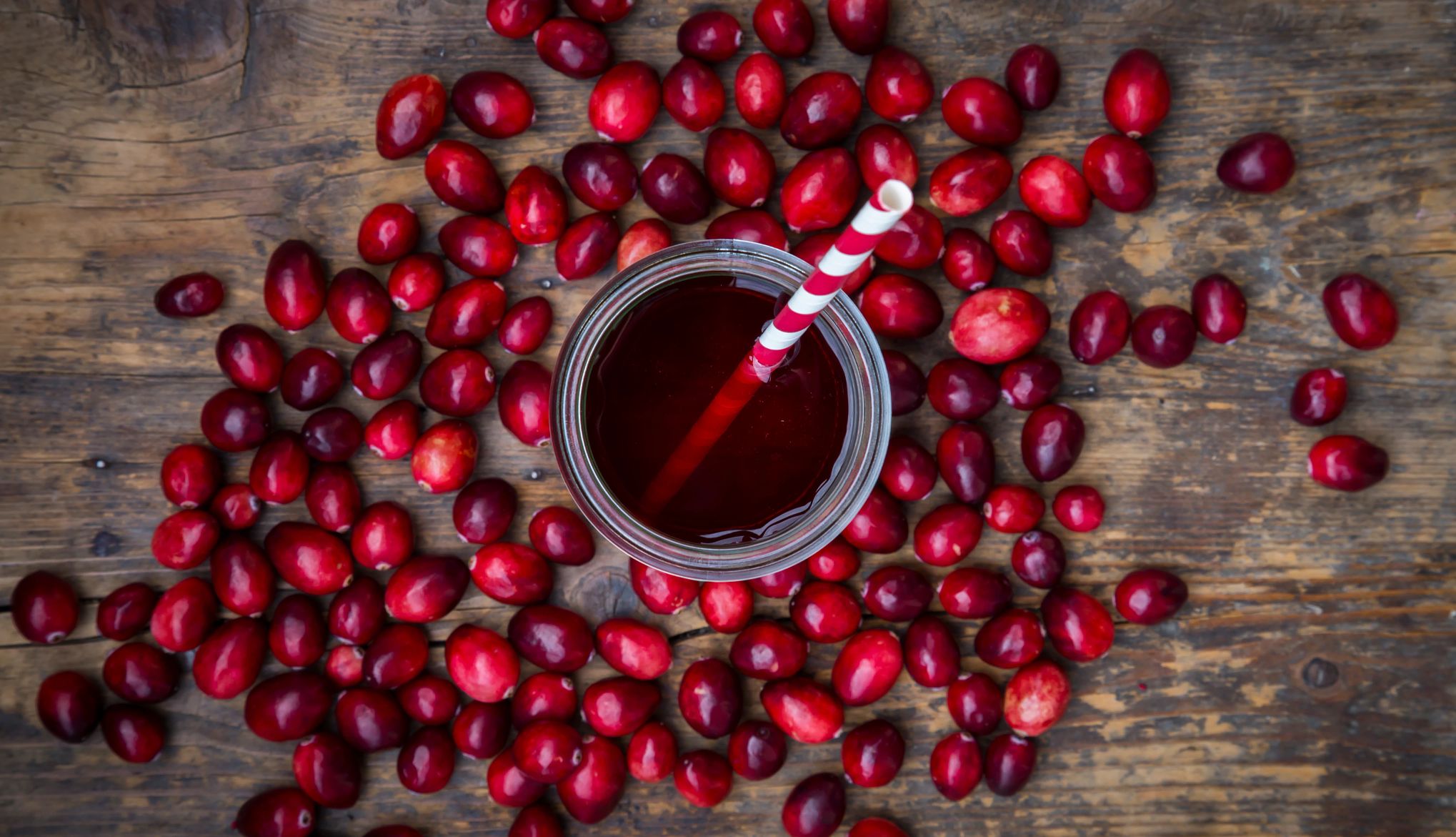AARP Hearing Center


It’s no longer just a wives’ tale: Cranberry juice really can help with urinary tract infections.
That’s according to a new study out of Bond University in Australia. The research, a meta-analysis of more than 20 clinical trials over the past 30 years that included 3,091 participants — mostly female, 4 to 87 years old — found three main benefits of cranberry juice.


LIMITED TIME OFFER: Labor Day Sale!
Join AARP for just $9 per year with a 5-year membership and get a FREE Gift!
1. Cranberry juice helps protect against UTIs
Increasing fluids of any kind lowered the chance of getting a UTI, as did taking cranberry compounds in whatever form, including tablets. The analysis found that people who drink cranberry juice were 54 percent less likely to develop UTIs.
2. Cranberry juice lessened the need to use antibiotics by 59 percent
Why does that matter? Antibiotic resistance is increasing, so it’s important to find nondrug remedies for UTIs and other infections.
“Some studies have found that in 90 percent of people with UTIs, the bugs [that cause the infections] have some form of antibiotic resistance ... so we’re on the doorstep of having UTIs that are unable to be treated by modern medications,” says lead researcher Christian Moro, associate professor of science and medicine at Bond University. “The body has its own immune system fighting these bacteria ... but flushing it out with fluids gives the body another chance to fight the infection.” The research found that increasing the intake of fluids in general helped lower antibiotic use but only by about 25 percent.






























































More From AARP
Doctor, How Can I Avoid Having to Pee All the Time?
Physician has advice to help with frequent urination13 Foods Packed With Water
Refreshing, delicious ways to get plenty of H₂06 Types of Medications That Can Harm Your Kidneys
Dozens of common drugs can cause damage if you’re not carefulRecommended for You